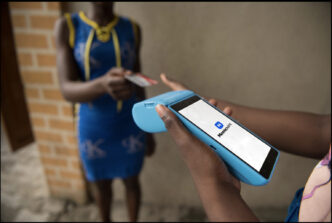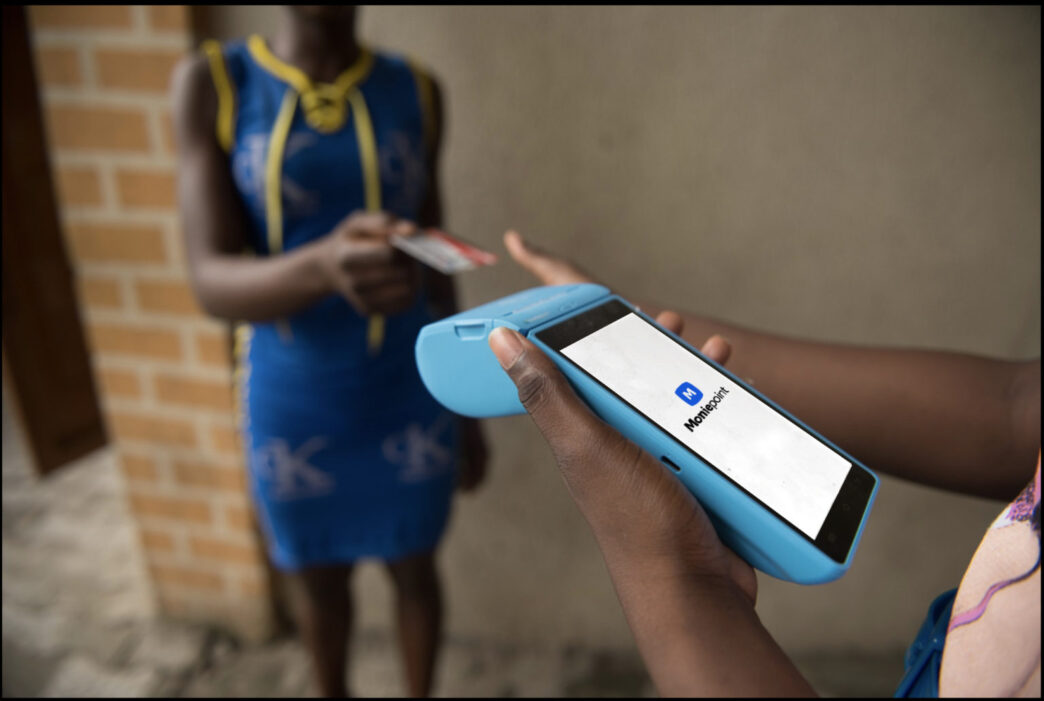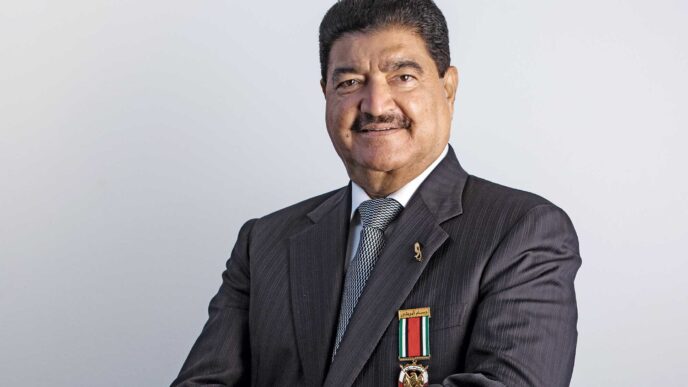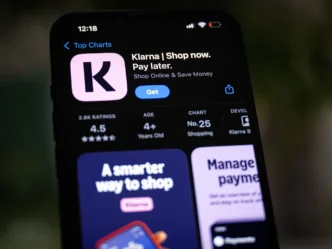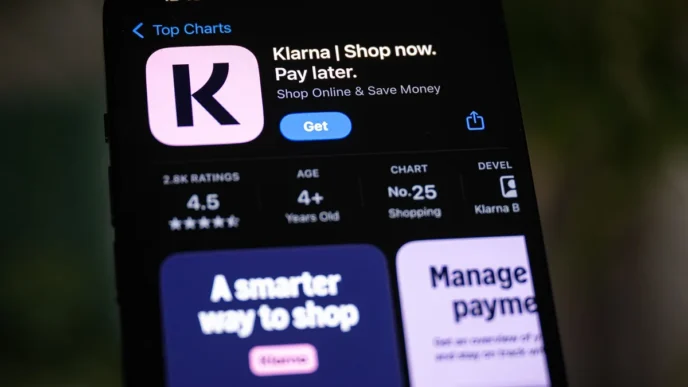Nigerian fintech leader Moniepoint is setting its sights on continental growth after achieving unicorn status, with plans to deepen its domestic reach and explore opportunities in new African markets.
In October 2023, Moniepoint became Africa’s newest fintech unicorn following a $110 million Series C funding round that valued the company at over $1 billion. Despite a global slowdown in venture capital, the achievement highlighted investor confidence in Africa’s evolving fintech ecosystem.
“This is a moment of tremendous opportunity,” said Pawel Swiatek, Moniepoint’s Chief Operating Officer, in an interview with African Business. “Africa has the right ingredients—affordable smartphones, cloud-based infrastructure, widespread mobile broadband, and USSD-based services—that make modern financial services accessible to millions.”
A Dual-Model Approach to Inclusion
Moniepoint’s platform supports both digital and offline financial activity through its mobile app and widespread network of Point-of-Sale (POS) devices. These portable terminals, used by hundreds of thousands of Moniepoint agents across Nigeria, enable cash withdrawals, payments, and other services—particularly in areas with limited internet access.
Today, Moniepoint serves over 10 million Nigerian users, processing 800 million transactions monthly. The POS network has become especially valuable for small businesses, allowing them to create a digital record of sales that can be used to assess creditworthiness.
“This transactional data provides insights into business performance,” Swiatek said. “It enables us to offer working capital, which acts as growth fuel for these enterprises.”
Scaling Up in Nigeria and Beyond
Despite its dominant position in Nigeria, Moniepoint sees significant room for further penetration. Recent product additions like Moniebook, a business management and bookkeeping tool, reflect its ambition to become a comprehensive platform for entrepreneurs.
However, growth is not without challenges. A major hurdle is identity verification, particularly in rural and underserved areas where formal documentation is scarce.
Biometric ID as a Game Changer
Swiatek views biometric identification as a transformative solution. With more than 115 million Nigerians already enrolled in the system, he believes it can significantly reduce fraud and improve service delivery.
“In a country where many people don’t have consistent documentation, biometrics help establish unique identities,” he explained. “It allows us to authorize transactions more confidently, lowering the risk of identity theft.”
While enrolling Nigeria’s 200+ million population poses logistical and security challenges—particularly in remote or conflict-prone areas—Swiatek remains optimistic. “You don’t need 100% coverage to shift the landscape. As more people are enrolled, the digital economy becomes more valuable, attracting even greater participation.”
Eyes on Pan-African Expansion
Moniepoint is now exploring moves into new African markets. While still early-stage, Swiatek hinted at possible acquisitions in countries with similar fintech ecosystems.
“We’re evaluating businesses across the continent that align with our model. East Africa is a natural next step—Kenya and Tanzania are strong candidates, and Egypt is always compelling. But West African neighbors are also very promising.”
The expansion is not just strategic—it’s also financial. With its holding company based in the U.S. and revenues tied to the Nigerian naira, Moniepoint is highly exposed to currency fluctuations. A drop in the naira, even amid strong growth, can dent dollar-based profits.
“Although the naira has stabilized recently, exchange rate volatility is an ongoing concern,” said Swiatek. “Expanding into other markets is a way to diversify our macroeconomic and forex exposure.”
As Moniepoint continues to redefine financial access in Nigeria, its next chapter may see it become a truly pan-African fintech powerhouse—one POS device at a time.

